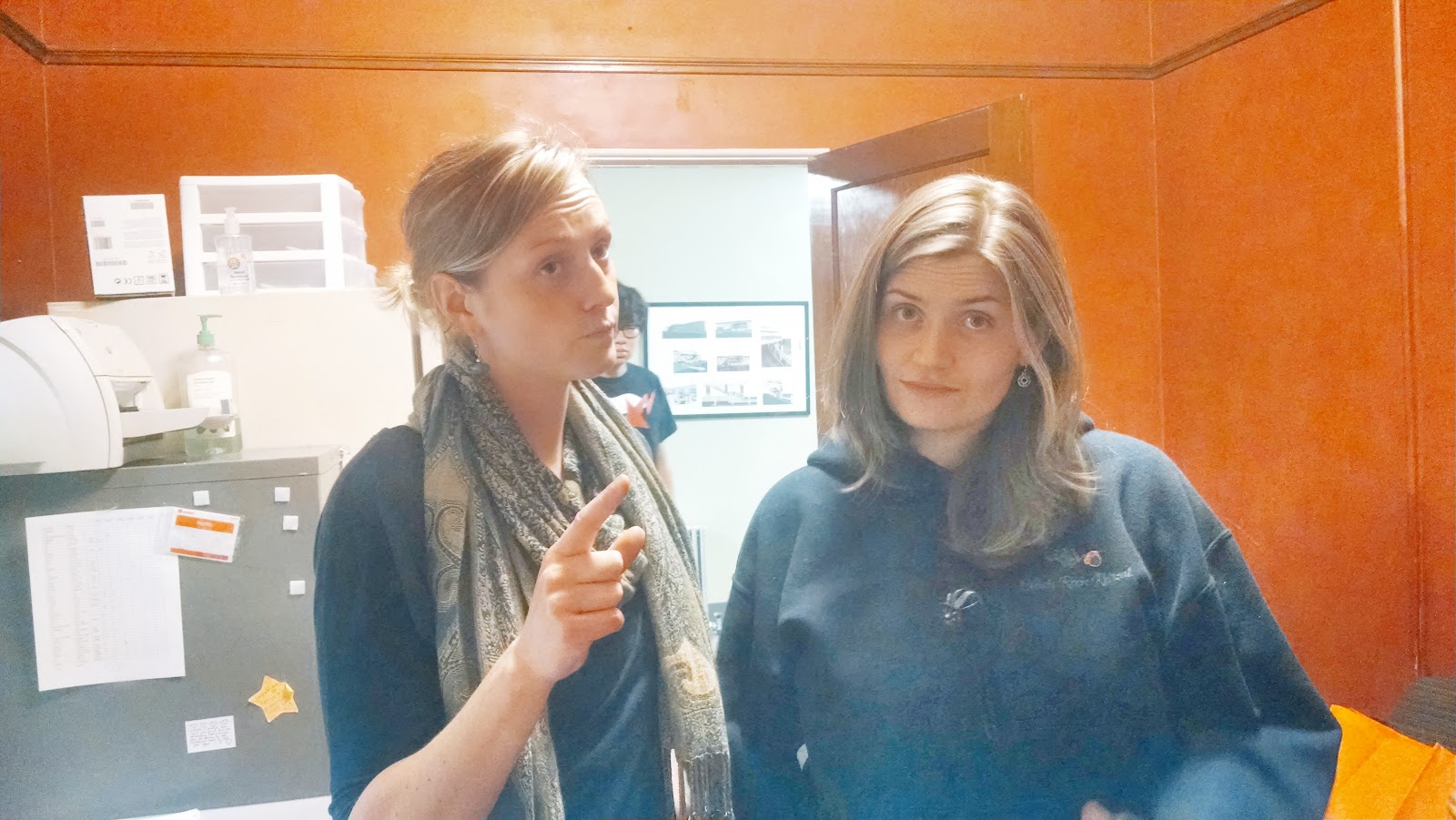Part I. Inspection
I went to my very reputable mechanic, who makes everything work perfectly, and does it all right. If it has a problem, he'll be sure you know about it and have a reliable estimate within a timely manner. If you give the go-ahead, he could have your car back on the road before closing time. He's superb, and I respect him a great deal. But he couldn't pass my car because of a menacing list of issues which totaled $2,500 to fix. He had already passed it in emissions, though, so I had one of the two needed windshield stickers to legally drive in Pennsylvania. That was the Civic's death knell, I supposed. I would have to scrap it and finance a new vehicle, which is especially inconvenient at this precarious moment in my working life (I'm about to switch jobs to I know not what).
Part II. Stephen Speaks
I told my brother about my car problems, giving him the minutiae that I was finding online as we spoke. "Carolyn, tell me something: does your mechanic smoke?" he queried.
"Uh... I don't think so..."
"I mean, do you see cigarette butts around the shop, a cigarette in anybody's mouth in the shop?"
"No. No way. That's unprofessional."
"Not in this business," he scoffed. "And does he have any pictures of ladies? Any beer cans or bottles lying around?"
"Stephen, ew, no."
"Here's what you need to do," he paused to light the requisite cigarette between his own teeth,"Find a mechanic who smokes, or at least has a cigarette behind his ear, maybe has a few days' stubble. Look for a picture or two of ladies on the wall, nothing major, I mean, but some Sports Illustrated girls, you know? And if there are some guys just hanging around, that's the right place. You go to him, and ask him what it'll take just to keep the car on the road. He'll know what to do."
Part III. We'll Call Him "Big Jim"
I found Big Jim through a friend's sister.
The first thing I heard when I walked into the shop was some guy sitting on a stool (doing nothing at all) telling another guy, "Man, tell him if he doesn't like it, he can suck my--!" He got his last word in before he locked eyes on me, the only woman in the place, and looking out of place, to say the least. I walked over to the two men, obliterating their hanging conversation.
"You want me to tell whoever he is for you?" I said calmly, the joke in my eyes. "Is Big Jim around? I made an appointment for 2:30."
Yes, I had made an appointment. And it took them all of Paul Walker's final movie playing in the office, and then some, until I had an estimate of what it would take for the little Honda to pass inspection. The estimate was under $200. I would have sat through the movie again for that price, so the time was negligible. But I strongly suspect that the diagnostic took so long because guy #1 was off test-driving it. Why do I think that? Twice during the movie, he came in and asked me what I would take for the car, and would I go any lower? I found out that he didn't even work there.
I was not discouraged. I knew Stephen would be satisfied with this place.
Part IV. Taking Out a Transmission Appears to Add $300 in Labor
I suspect no foul play from Big Jim's shop. None whatsoever. But a few days later, I couldn't put my car into gear when it was turned on. The internet and a friend said it was either the master or slave cylinders, or it was the entire clutch. Estimates ran from $300 for the cylinder to $900 for the labor and parts for the clutch.
For the first time ever, my car had to be towed away, to yet another garage, this one chosen not for its reputation, but for its proximity.
And it was the master cylinder!
And I drove it home the next morning!


